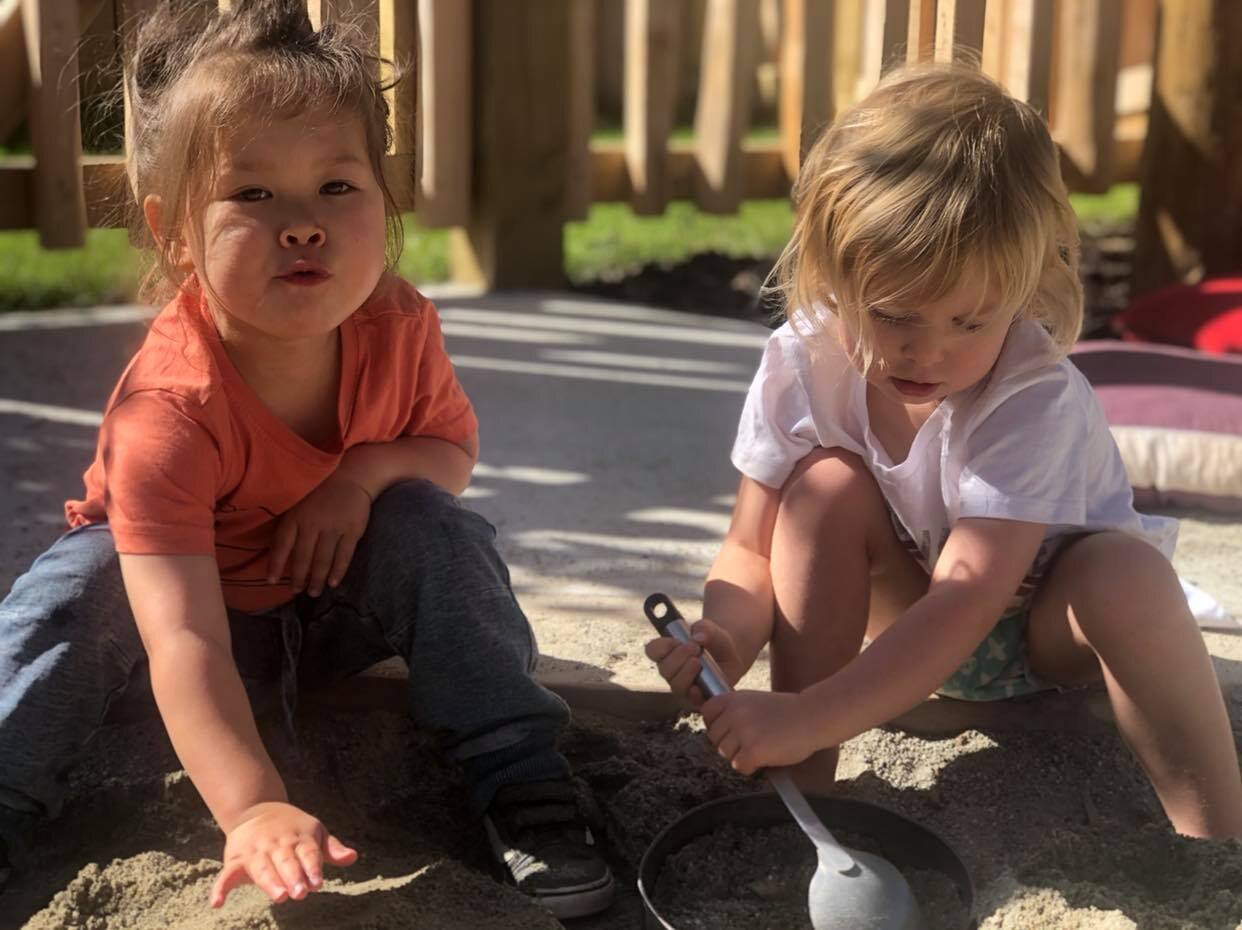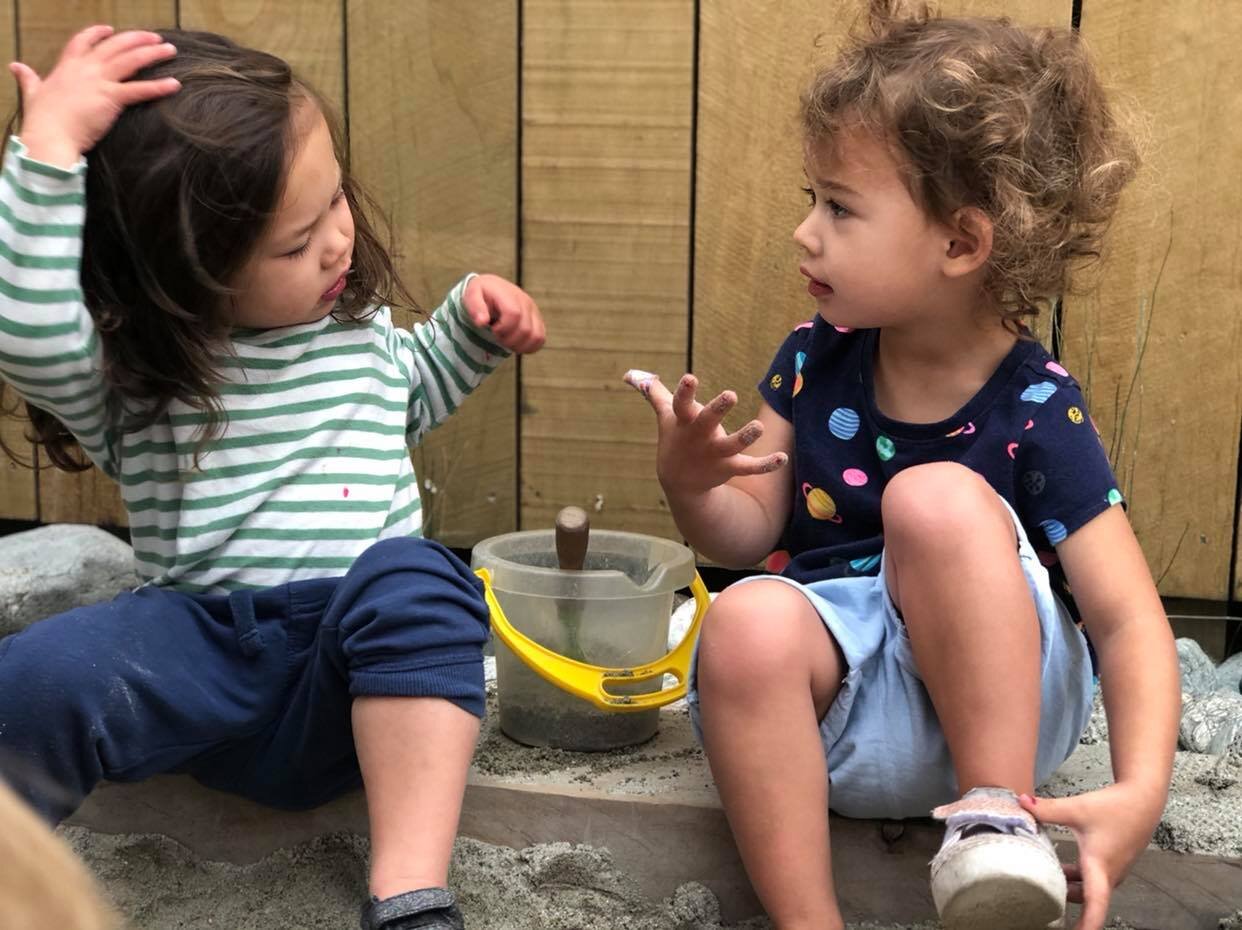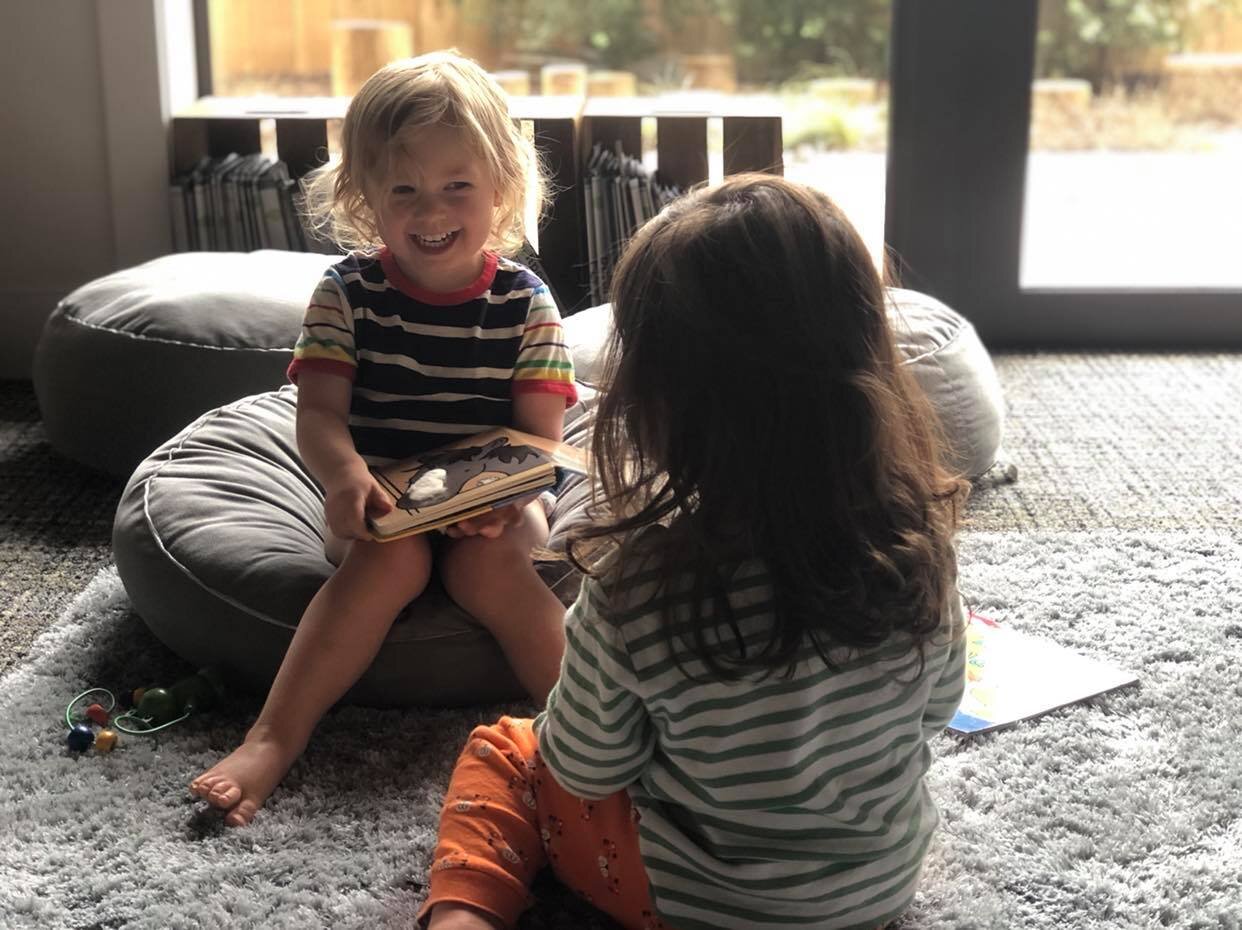“No I Won’t” – Toddlers and Defiance - Rachael Carty
“No I Won’t” – Toddlers and Defiance
We all know toddler’s love the word “no”. You ask them to do something and you get a negative response. This is the period in their life where they are learning that they are actually separate beings to you, that they can have a measure of control over their world. And they love to test this out! Pushing boundaries is a big part of toddler development and they have an irresistible urge to test out this newfound power of assertiveness – the knowledge that their actions and reactions can cause a big reaction in you. For two-year old’s they want to do everything themselves, and if you say “don’t push that” all they hear is “push that”. It can be hard at times not to take this defiant streak personally, especially as they move closer to preschool age and you feel they should know better – they can even tell you why they shouldn’t have done what they did sometimes! So, here are a few hints and tips on dealing with those “no” behaviours…
Two-year-olds
Two-year-olds learn by doing things over, and over, and over, again. Whether it is wanting the same book read multiple times, the same puzzle, game or toy – everything repeated is strengthening the connections in their young brains. When they do something that gets an unexpected result or big reaction from you, they are likely to want to create it again, leading them to repeat the action that led to it. If you want them to stop doing a certain thing, remain calm (I know this is easier said than done sometimes!) and talk them through what you would like. For example, if they are repeatedly doing something to gain your attention, instead of saying “stop doing…” try “I can see you want my attention” and give them a little of your time to re-connect with them and help them engage in something. The younger the child the more of our attention they seek – their brains have a vital need for this relationship connection with us in order to feel safe and secure so they can grow, explore and learn. If they’re throwing/running etc inside try “I can see you really want to throw, let’s go outside and find a ball” instead of “don’t throw”. By using positive language, you’re giving them something to do rather than telling them to stop the behaviour or urge (eg. to jump, climb, throw, run – all big toddler urges and hard to stop!). Always try and keep reactions calm, that way you’re not only keeping the relationship connection but they’re less likely to want to repeat the behaviour as it doesn’t elicit that fun ‘big’ reaction.
Helping
Two-year-olds love to help. They want to be a part of what you are doing no matter what. Finding ways to include them in everyday things, giving them tasks they can do is a great way of turning around defiant behaviours. For example, they may not want to tidy their toys up – but turn around the language used and can they help find all the lost toys and put them in their homes? At Gems we always have lots of two-year-old helpers setting the table or folding the laundry – yes it tends to take a lot longer (and a lot of the time you still have to re-do it all!) but including them in helping at this age (rather than saying no to get it done quicker) means we are nurturing their naturally helpful natures which means they are much more likely to volunteer to help with things or be less defiant when asked to, as they get older.
Predictability and Choices.
Two-year-olds love choices. For us adults a request such as “put your shoes on” seems pretty simple. For a two-year-old, this is pretty big. And they’re likely to say no just because no is fun (remember the love of big reactions?). Breaking it down to “what shoes would you like to wear today, these blue ones or those red ones?”. If they refuse, make it funny “ok, shall I put these on then?”, generally this will make them laugh (toddlers love humour!) and you can carry on the silly “do they go on my head? On your head? Ok, I know-how about on your hands? No? Oh, on your feet? Do you think you can put them on all by yourself or shall I help?”. Most of the time with this age you can still find a way to get what you need done with a bit of humour and empowering them with choices so they feel a part of what is happening. Also, remember two-year-old’s have little concept of time and they rely on knowing what is happening next – this is why we have routines and rituals at Gems to help the children figure their days out; lunch is after mat-time, sleep is after lunch, home time is after afternoon tea/late snack. Having these ‘anchor points’ throughout the day allows children to feel safe and secure in the knowledge of how the day will go (sudden surprises/changes don’t go down well with toddlers as it can be hard for their young minds to process such quick changes). Giving them a warning before a transition (eg. “I can see you’re really enjoying playing but you need a new nappy. I’m going to come back in 5 minutes and then we’ll go and change it ok? You can help chose which nappy to have”) can really help cut down the “no” behaviours as it allows them a sense of control over their lives.
Three-year-olds
We might think three-year-olds know better, and in some ways they do, yet they also don’t. They understand more than they did when they were two, especially when it comes to understanding concepts and rules, yet they are still very young emotionally and cognitively. While a four-year-old may be able to reflect on something and think of the consequence a bit more, three-year-olds are still not quite there yet. They can be logical at times, but also still very irrational in their way of thinking (and behaving) and unable to actually apply that logic. Their knowledge of rules is still somewhat rigid and not yet fully integrated – the step between knowing what (and what not) to do and actually doing it is not fully formed yet. Three-year-olds are highly social beings, yet they are still learning the rules of society and how to make and sustain friendships. They are at war within themselves between their own ego-centric desires (which very much rule a two-year-olds behaviours and actions) and what others (friends or adults) want them to do. While their sense of independence is high, their emotional regulation is still in its infancy, and they struggle to truly see another’s perspective on things; this equates to being selfish, willful, and with big emotions – being three is hard! Take sharing for example - they know by now that they shouldn’t take a toy off another child, yet they know they really, really want the toy too. While a four-year-old may be able to think their actions through and decide they want to be a good friend and will wait their turn, a three-year-old will generally be overridden by their want of the toy and just take it. Even though they can tell you why they shouldn’t have done that. So yes, they do know better, but their immature brains aren’t quite there yet on being able to do better.
Time In not Time Out
The best way to support them in bridging this connection gap between knowing and doing is, rather than repeat the rules constantly (as they generally know these already) or putting them in ‘time out’ to ‘think things through’, help them reflect and learn from their mistakes in a sensitive, warm and encouraging way. You need to become the connection missing between knowing and doing until they can do it themselves; “I can see you really wanted to wait your turn and not take that toy. Your friend is showing you he’s not happy you did that. Let’s give it back and next time you can ask for a turn”. Keep the relationship connection strong and support them to reflect on instances together. This helps them to learn regulation as they learn the skills to stop and think through their actions, learning from their ‘mistakes’. By giving them the chance of “let’s try again” in everyday instances, rather than sending them away to be alone and ‘think about what they did wrong’, you’re letting them know you believe in them, that you’re there to support them, that they can do it right. This holds much more value long term as they learn from and alongside you the highly valuable tools of reflection. This is the foundation for learning self-control and regulation. This reflection method can also be used for positive behaviours too – helping them to recognise the positive feelings they, and others, feel by reflecting on a good instance, (e.g. sharing something well, helping another etc) helps develop not only a sense of accomplishment, but also learning empathy and that doing good feels good. It helps children to develop an internal motivation to get along with others and cooperate, which in time helps lead to better social skills and less defiant behaviours.
Keep things Simple
Remember, three-year old’s still have little concept of time – much like two-year old’s they rely on the routines and rituals through their day to know what is coming next. They also have their own goals (remember the big feeling of independence right now) and a lot of the time, we the adults, are blocking these (unknown to us) goals. Having a clear ‘what comes next’ is important to supporting them in their independence while still getting things done. Keep it simple and predictable but include them with choices “shall we have a bath first today or clean our teeth?”; “which pyjamas do you want blue or green?”. This helps give them a sense of empowerment. Also giving a warning beforehand prepares them for what’s happening next “oh look, the big hand on the clock is nearly at the top, that means we have 5 more minutes until bath time” and maybe make it into a game “the big hand is doing its last bit…look 3, 2, 1, let’s go!”. This makes it playful between you rather than a battle. This won’t always work, especially as they get closer to 4 and begin to understand the concept of negotiation and asking lots of questions of why!
One of the main things to remember about defiant behaviour – it’s a normal part of a toddler’s development. They need to test reactions, to assert themselves, their ideas, to find their independence and develop their sense of self. Defiance usually peaks at around age 3 and for most children, as they mature, this type of behaviour will lessen. So stay calm, support and name their big feelings, reflect with them, give them positives instead of negatives, and help empower their sense of independence and self with choices, predictable daily anchor points, and relationship connection.



